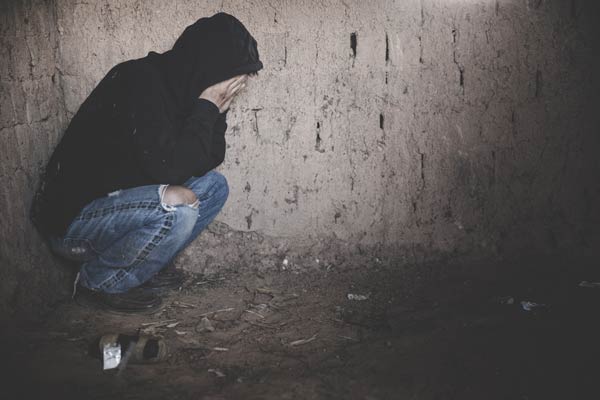It has long-since been understood and recognized that substance abuse and depression go hand-in-hand. Co-occurring disorders are extremely common for several reasons. First of all, individuals who struggle with substance abuse might develop a depressive disorder down the road as a direct result of repeatedly ingesting chemical substances. For example, alcohol is a depressant drug. Over time it harshly alters brain chemistry, leaving heavy drinkers feeling deep sadness and malaise whenever they decide to cut back on drinking or quit entirely. More commonly, however, individuals who suffer from an undiagnosed and/or untreated depressive disorder turn to drugs as a means of self-medication. The Anxiety and Depression Association of America (ADAA) suggests that while recreational drug use typically does not interfere with the well-being of most individuals, those who suffer from depression often find that substance use of any kind exacerbates their existing mental health symptoms, ultimately worsening these symptoms and making them more difficult to live with. The ADAA also reports that 20 percent of Americans who suffer from a mental health condition like depression also suffer from drug addiction – and on the other hand, 20 percent of Americans who struggle with drug addiction have also been diagnosed with depression (or another mental illness, like anxiety or bipolar disorder). This brings us to the question – do people with depression tend to abuse drugs more frequently than people who have no personal history of mental illness?
The Link Between Depression and Drug Abuse
In short, the answer is yes – individuals who struggle with untreated depression do tend to abuse drugs at a more frequent rate than members of the general public. It is important to understand that clinical depression is much different than the occasional bad day. Most of us fall into a rut from time to time. We experience things that upset us or make us feel uncomfortable – sometimes, we even experience things that devastate us for a prolonged period (like the loss of a job or the end of a long-term relationship). Once these situations resolve themselves, we start to slowly feel like our old selves again.
Don’t Self-Medicate Clinical Depression
We put down the unhealthy coping mechanisms that we were engaging in (like going to the bar one or two more nights a week than we normally did, or mindlessly eating junk food as we cried aloud to rom-coms). Those with clinical depression, however, do not start to “feel better.” They continuously turn to drug abuse as a means of coping with their persistent and overwhelming feelings of sadness and disillusionment. Over time, the frequency of their drug use increases. They begin to subconsciously acknowledge the fact that without chemical substances they would simply be unable to cope. If you have been suffering at the hands of an untreated psychiatric disorder – and have been utilizing drugs to self-medicate the uncomfortable symptoms that you are consistently experiencing – Evoke Wellness at Cohasset is available to help. Our dual diagnosis treatment program focuses on treating all existing symptoms of depression while providing a comprehensive and highly individualized addiction treatment program that cannot be found in any traditional, state-run treatment facility.
Treatment for Co-occurring Disorders
At Evoke Wellness at Cohasset, we have carefully crafted a highly effective and individualized program of dual diagnosis recovery. Because depression and drug addiction so often go hand-in-hand, our team of professionals consists of both addiction specialists and individuals with years of experience in mental health care. If you have been suffering at the hands of depression and drug addiction and have either attended other treatment programs with little success or have never previously reached out for professional help, we are available to provide you with the comprehensive, integrated care you both need and deserve. For more information on our dual diagnosis treatment program, simply give us a call today. We look forward to speaking with you soon and answering any additional questions you may have.




